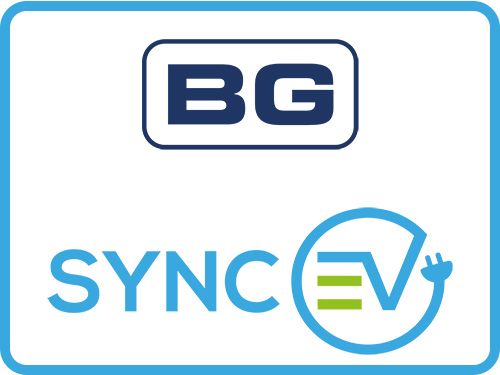7 Things You Need To Know Before Buying A Commercial Property

Buying a property is one of the biggest decisions a business can make. It’s an important financial decision that can have long-term repercussions, so it pays to be informed before taking the plunge and buying a property.
There are several things to consider when purchasing a property, and taking these seven steps will help ensure that you make an educated decision when shopping around for properties and secure the best deal possible on your new facility.
Do Your Research
Start by researching the area in which you are going to buy a property, including demographics and local market trends. Knowing your target audience is key when it comes to understanding property values and potential rental yields. When looking at the property prices, keep in mind the cost of repairs, taxes, and other expenses. And if you're buying new construction, make sure to factor in the cost of furnishings, equipment and appliances.
Also, look into potential amenities nearby such as transportation options, demographic of customer links to market, and other desirable features that may increase the property’s value over time.
Set Your Budget and Stick to It

The next step is to determine your budget. Again, consider factors like closing costs, taxes, repairs, and maintenance that may need to be taken care of, and any other potential expenses you may incur when buying a property. Make sure your budget does not exceed what the business can afford and if a loan is necessary that the finance arranged is one that the business can pay back without having to dip into other investments.
Additionally, consider the length of time you plan to keep the property—knowing how long you’ll be utilising a property and/or office space will have an impact on your budget and financing options.
Get Pre-Approved For A Mortgage
You should also get pre-approved for a mortgage before you start looking at properties. This will give you an idea of how much commercial property you can afford and narrow down your search. Pre-approval also shows potential sellers that you are serious about making a purchase and gives you an edge over other interested buyers.
However, pre-approvement is not the same as taking out a loan, and you are under no obligation to take out one after being pre-approved.
The Real Estate Agent
Once you have done your research and established your budget, the next step is to find a real estate agent who can help you find the perfect property. Look for someone with experience in the local market who is familiar with the area and its commercial properties.
A good real estate agent will be able to guide you through each step of the process, from making an offer to closing the deal. They can also provide advice on the best offers to make and negotiate better terms with sellers.
Get Professional Help
When looking for a property, you should also seek out professional help such as lawyers, accountants, and financial advisors who can provide advice on the legal aspects of buying a property. They can also advise you regarding mortgages, taxes, and other important matters.
When buying a property for business purposes, it is essential to get professional advice from an accountant or tax consultant regarding the tax implications of investing in real estate.
Inspect the Property Before You Buy

Once you have found a potential property, you must do your due diligence and inspect it thoroughly before committing to the purchase. Make sure to check for signs of existing damage and inspect the interior and exterior of the property. Have a professional commercial property inspector assess the condition of the property before you buy, and make sure all safety measures are taken care of.
You also have a duty of care to all staff, so for instance, checking for the presence of lead-based paint or asbestos and make sure all electrical wiring is up to standard.
When Closing the Deal
Finally, when you are ready to close the deal, make sure all your paperwork is in order and that you understand every term of the agreement. Be prepared to sign contracts, pay closing costs, and arrange for insurance coverage on the property before transferring ownership. Doing all this will ensure that you can benefit from your new commercial property without any worries.
Buying a commercial property is a big decision that requires careful consideration and planning. Before you make an offer, research the area, set your budget and get pre-approved for a mortgage loan if you require one. Find an experienced real estate agent to help guide you through the process, seek out professional advice from lawyers or accountants as needed, inspect the property thoroughly before committing to purchase it and be prepared when closing the deal.
With these steps in mind, buying a commercial space can become much less daunting of a task!
























































